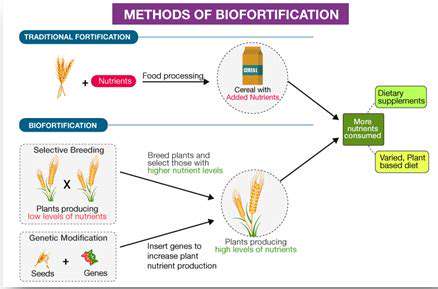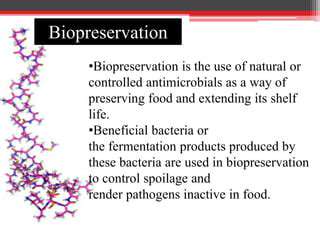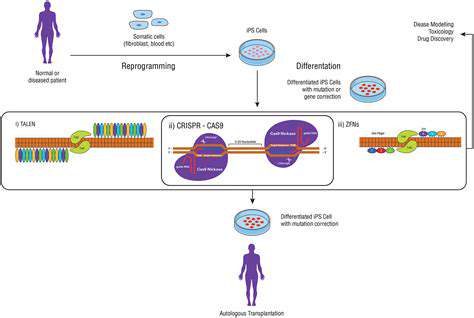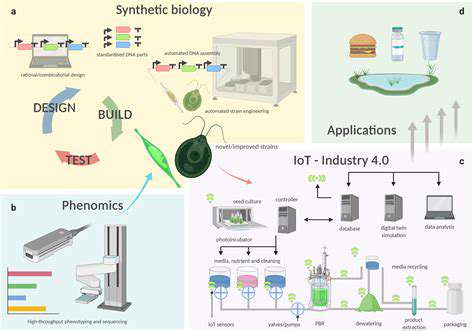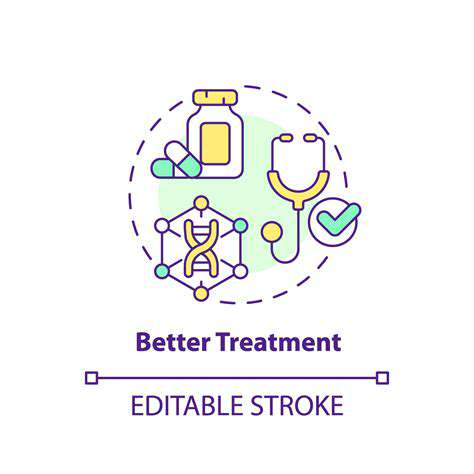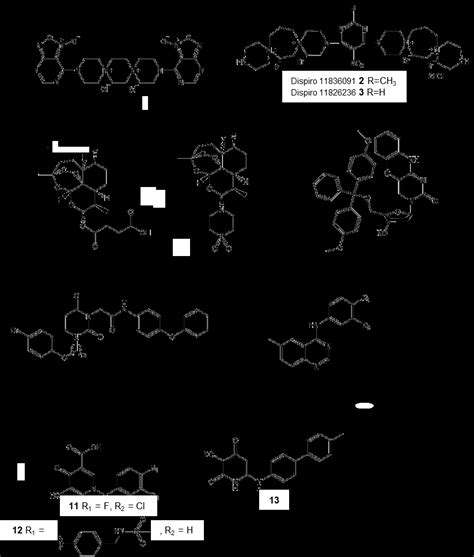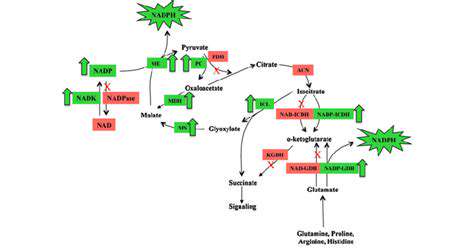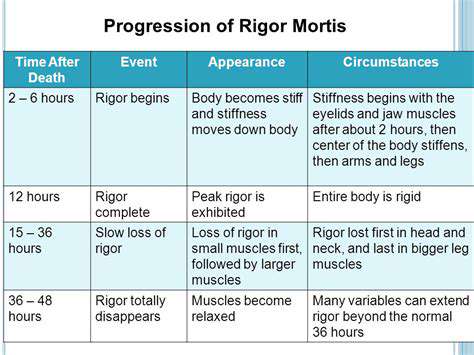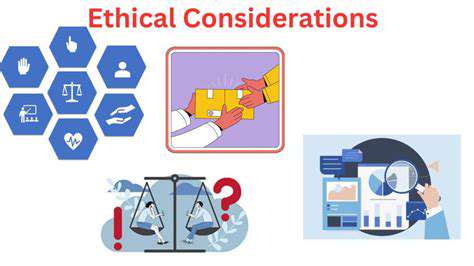Synthetic biology, a rapidly evolving field, is redefining the boundaries of biological science and engineering. It involves designing and constructing new biological parts, devices, and systems, or modifying existing ones for specific purposes. This interdisciplinary field blends biology, engineering, and computer science to create novel solutions to global challenges, from disease treatment to environmental remediation. This innovative approach promises to revolutionize various sectors, including medicine, agriculture, and energy.
This groundbreaking technology holds immense potential to address critical issues facing humanity. From creating biofuels to developing new drugs, the applications of synthetic biology are vast and ever-expanding. The ability to engineer biological systems with precision opens doors to solutions previously considered impossible, pushing the frontiers of scientific discovery.
Key Principles and Applications of Synthetic Biology
Central to synthetic biology are the principles of modularity, standardization, and programmability. These principles allow for the design and construction of complex biological systems from standardized parts, similar to how engineers use pre-fabricated components. This modular approach enables scientists to combine and reconfigure biological components in various ways, leading to increased efficiency and flexibility.
The applications of synthetic biology are varied and span numerous fields. In medicine, researchers are developing synthetic biological systems for disease diagnostics and therapeutics, including the creation of novel drug delivery systems and the design of biological sensors for early disease detection. In agriculture, synthetic biology is being employed to engineer crops with enhanced nutritional value and resistance to pests and environmental stresses. In the energy sector, synthetic biology is explored to create biofuels and bio-based materials.
Ethical Considerations and Future Directions
As with any groundbreaking technology, synthetic biology raises several ethical considerations that require careful consideration. These include concerns regarding the potential for unintended consequences, the safety of engineered organisms, and the equitable distribution of benefits and risks. Open dialogue and robust regulatory frameworks are crucial to navigate these complex issues and ensure responsible innovation.
The future of synthetic biology is brimming with potential. As the field continues to advance, we can anticipate even more innovative applications. These advancements will undoubtedly transform various aspects of our lives, driving progress in healthcare, agriculture, and environmental sustainability. Furthermore, continuous research and development are essential to address the ethical concerns and maximize the benefits of this technology for the betterment of society and the environment.
Regularly updating your devices is crucial for maintaining optimal security and performance. Outdated software often contains vulnerabilities that malicious actors can exploit, leaving your personal information and sensitive data exposed. These updates typically include critical security patches that address these flaws, protecting your system from potential threats. Staying up-to-date not only safeguards your data but also ensures your devices function smoothly and efficiently.
Applications Across Diverse Fields
Applications in Medicine
The potential applications of building new biological systems in medicine are vast and transformative. Researchers are exploring the creation of novel therapies for diseases like cancer and diabetes, using bioengineered cells and tissues to repair damaged organs and deliver targeted drugs. This could revolutionize personalized medicine, tailoring treatments to individual genetic profiles and disease characteristics, leading to more effective and less toxic therapies. Imagine a future where organ regeneration is a routine procedure, eliminating the need for organ donation and transplantation.
Beyond direct therapeutic applications, these systems can also be used for diagnostic purposes. Imagine biosensors built from engineered cells that can detect diseases in their earliest stages, providing earlier intervention and potentially saving lives. The possibilities are truly limitless.
Applications in Agriculture
Building new biological systems offers significant opportunities to enhance agricultural practices. Engineered microorganisms can be developed to improve nutrient uptake by plants, leading to increased crop yields and reduced reliance on fertilizers and pesticides. These innovations could help us address the growing global food security challenges, particularly in regions facing drought, nutrient-poor soils, or challenging climates. This could lead to more sustainable agricultural practices with minimized environmental impact.
Applications in Environmental Remediation
Engineered biological systems can play a crucial role in environmental remediation. Microorganisms can be designed to break down pollutants in contaminated soil and water, making them a powerful tool for cleaning up industrial waste and restoring ecosystems. This approach offers a more environmentally friendly alternative to traditional methods, minimizing harmful byproducts and promoting ecological balance. Imagine a future where industrial accidents and spills are effectively and rapidly remediated using bioengineered organisms.
Applications in Industrial Biotechnology
The creation of new biological systems has far-reaching implications for industrial biotechnology. Engineered microorganisms can be used to produce valuable chemicals, biofuels, and pharmaceuticals. This approach could reduce our dependence on fossil fuels, leading to a more sustainable and environmentally friendly industrial landscape. These advancements could revolutionize the way we produce essential products, making them more accessible and economically viable.
Applications in Materials Science
New biological systems can be applied to generate novel materials with unique properties. Researchers are exploring the potential of bio-based materials with enhanced strength, durability, and biocompatibility. These materials could revolutionize various industries, from construction and manufacturing to healthcare. By leveraging the natural design principles and properties of biological systems, we can create materials superior to those currently available, improving efficiency, performance, and sustainability.
Applications in Energy Production
The production of biofuels and other renewable energy sources using engineered biological systems is a promising area of research. Microorganisms can be used to convert biomass into biofuels, offering a sustainable alternative to fossil fuels. These advancements could significantly reduce our reliance on finite resources and mitigate the environmental impact of our energy consumption. This is critical in the fight against climate change and the search for cleaner energy solutions.
Applications in Basic Research
Building new biological systems is not just about practical applications; it's also a powerful tool for fundamental scientific discovery. The creation of these systems allows us to study complex biological processes in unprecedented detail, leading to breakthroughs in our understanding of life itself. By carefully manipulating these systems, researchers can gain insights into cellular communication, genetic regulation, and other essential biological mechanisms. This knowledge can then be used to address a wide range of challenges in various fields.

